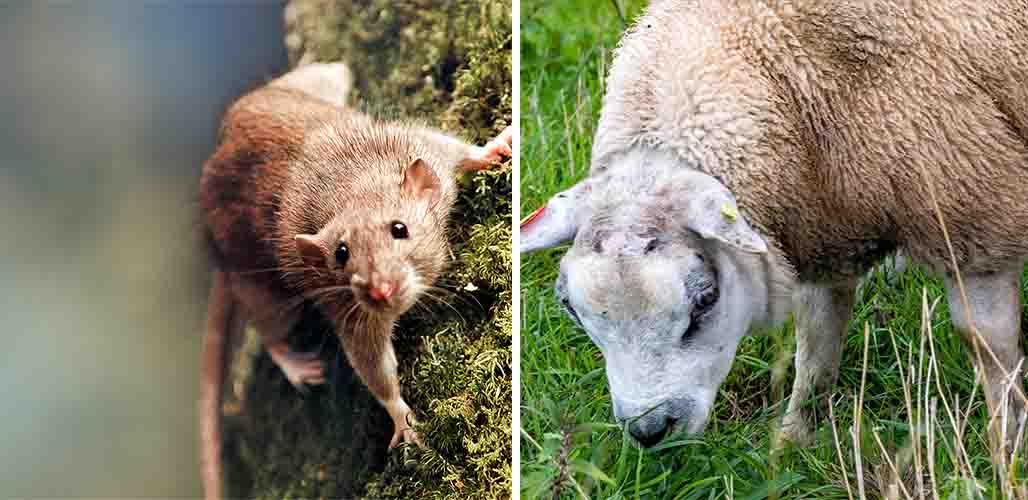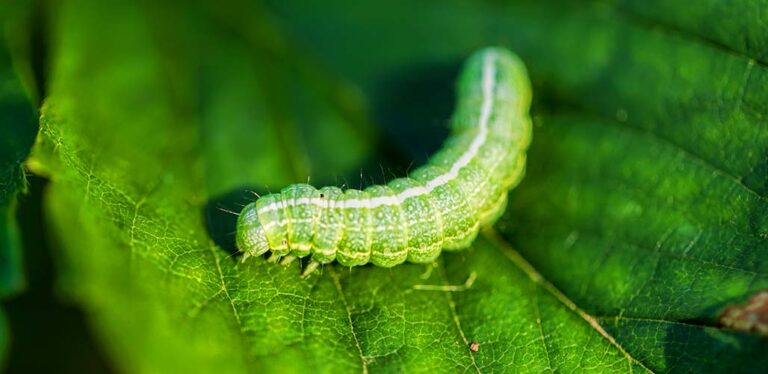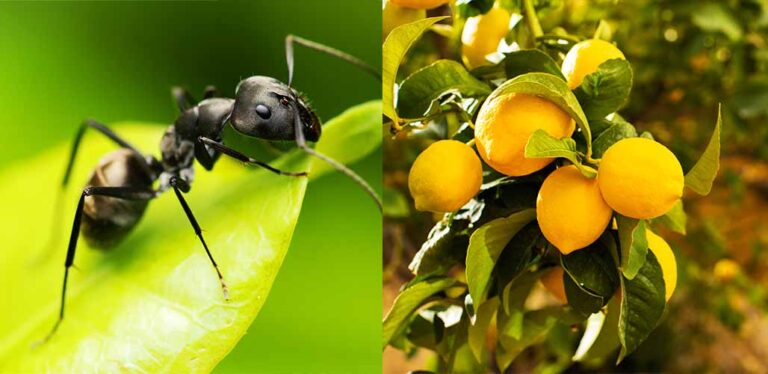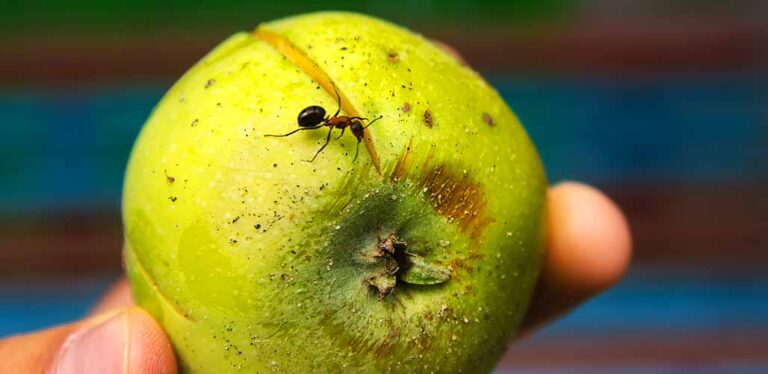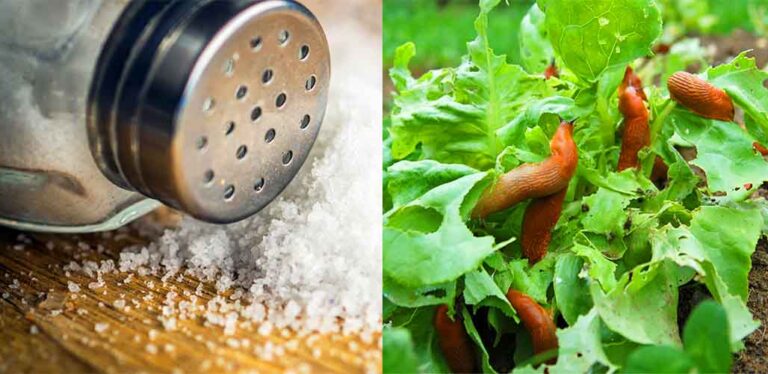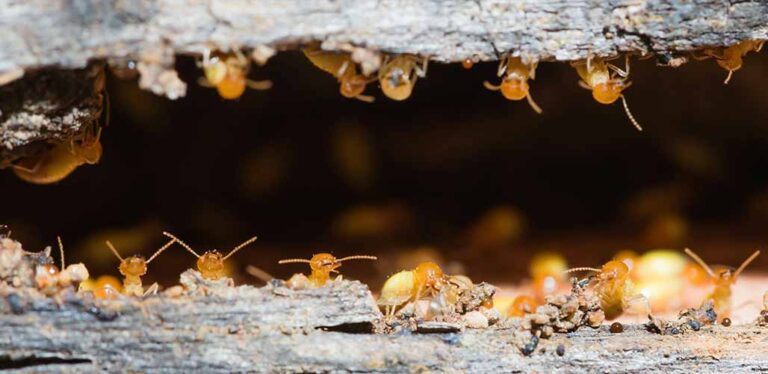Do Sheep Attract Rats?
Do sheep attract rats? Rats are a common problem for farmers. Sheep attract rats because their food and water supplies are readily available, and their living area provides a warm place to shelter. However, sheep can also eliminate these rodents by clearing overgrown areas, giving rats nowhere to hide. In today’s guide I’ll take a closer look at what attracts rats to farms, signs of rats around your sheep, and how to get rid of these frustrating pests.
Contents
- Why are rats pests on farms?
- Do sheep attract rats?
- Can sheep kill rats
- Signs of rats on a farm
- How to get rid of rats on a farm
Why Are Rats Pests on Farms?
Rats are more than just a nuisance on farms. Their gnawing and burrowing activities can undermine foundations and do untold damage to buildings and facilities, damaging wood and wiring, which can be a fire hazard. What’s more, rats will not only consume livestock feed but will also contaminate it with their droppings, urine and hair, contributing to vast amounts of food wastage.
But perhaps the most significant thing we need to remember about rats is that they carry diseases, spreading them to livestock and resulting in substantial veterinary bills or loss of animals. And as rats are prolific breeders, it doesn’t take long to have a rat infestation.
Do Sheep Attract Rats?
Like all mammals, rats need food, water and shelter to survive, and sheep provide all three of these necessities. Rodents are scavengers and will eat anything they come across. Food attracts rats the most, and they will share food given to sheep while no one is looking and easily infect these animals in the process.
Sheep always have a constant supply of water, and the rodents will happily drink from their sources. Although there is always the chance a rat will fall in and drown, contaminating the water and putting the sheep at risk.
Lastly, sheep bedding provides a warm place for rats to shelter and build nests for their young, as does the hay they eat. So, sheep owners must change their bedding regularly to prevent rats from becoming fellow bedmates with their sheep.
Can Sheep Kill Rats?
Sheep are not known for their rat-catching skills. But they can help get rid of them in other ways. These woolly animals are perfect for clearing overgrown areas, which provide hiding places for rats and their overpopulated families. Sheep will eat grass, weeds and woody vegetation and can clear bush areas up to five feet high. It is even better if goats are added to the mix, as they can take care of larger plants.
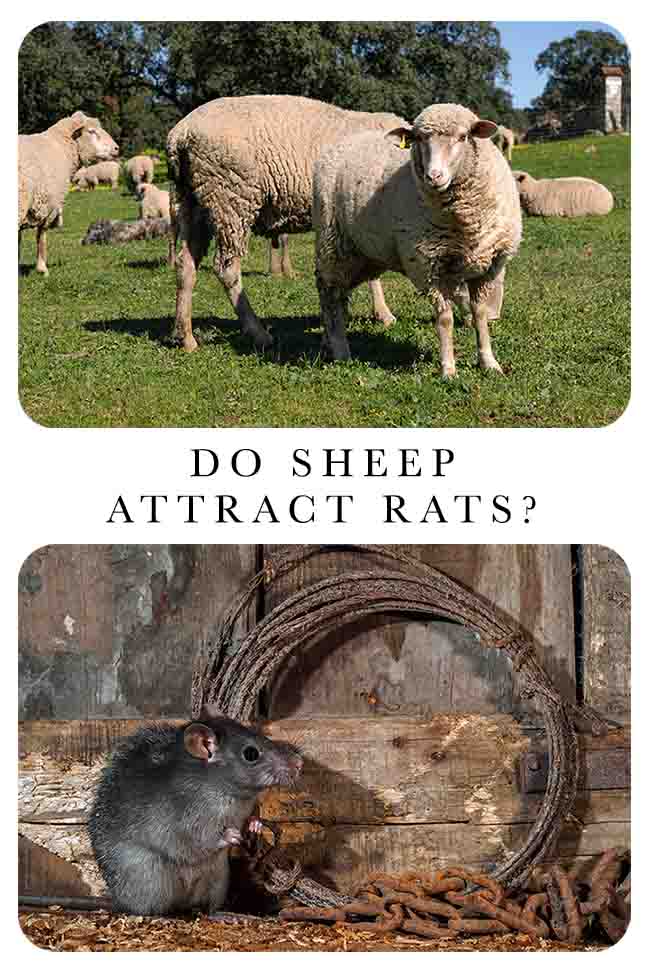
Signs of Rats on a Farm
There are several telltale signs that rats are in residence on a farm. Often you will hear rats before you see them. Listen for gnawing and scratching sounds, climbing noises and squeaks.
Aside from this, the most significant indicator is their droppings, which tend to be concentrated in specific areas near food supplies, behind objects, and along walls. These droppings are shiny and black, being 1/2 to 3/4 of an inch long. The average rat produces between 30 to 50 droppings a day. So, if you have a rat infestation, you will see plenty of their poop!
Gnawing marks is another thing to look out for on structures, as well as holes chewed in feed bags and smudge marks along walls, rafters and pipes. If you only see one rat, don’t assume that is it. The generally accepted rule of thumb is twenty-five rats for every rat seen!
Can You Get Rid of Rats on a Farm?
It is impossible to eliminate every single rodent on a farm. But having an effective management program in place is the best way to reduce a rat invasion and their exposure to both sheep and humans.
The aim is to think about what attracts rats in the first place, with the number one attraction being feed. Grains are a rat’s preferred food choice. Bags of sheep feed are like an “all you can eat” buffet for rats! Even if you use sheep feed within a few days of opening it, leaving it in bags only allows rats to gnaw through it. The best way to store feed safely away from hungry rodents is in metal bins with tight-fitting lids.
However, just storing feed properly in containers isn’t enough. Any spilt on the floor is an invitation to rodents and must be swept up and thrown away, along with any uneaten food. Always dispose of it in a tightly closed trash can. Eliminate water sources as much as possible by ensuring faucets, hoses, or water pipes are not leaking.
Rats don’t like to be exposed and look for hiding places, so keep your farm clean and tidy and prevent access to buildings by sealing gaps and cutting back any overhanging trees they could climb up and jump from onto roofs.
Ways to get Rid of Rats on a Farm
The best rat catchers are cats, but they need to live outside and rely on rodents as their primary food source. If people pamper these felines, it will remove their hunting instincts, so they must not be considered pets.
Dogs bred as rat catchers, like Jack Russells, thrive at catching rats. Whereas cats hunt to eat, these dogs hunt to kill and, once their blood is up, can quickly disperse a colony of rats. Even better if you have a few of these dogs, as the element of competition within a pack will cause them to kill rats until they have all gone.
Chickens are another natural source to rid rodents. They see rats as prey and will kill them defensively rather than as food. Also, attracting owls to your farm will help round up rats during the night shift as they prey mainly on small animals. Snap traps are the most humane traps to kill rats as they kill them instantly. If using rodenticides, be cautious as these are toxic to other animals, and you need to read the label regarding their use, handling and storage.
Do Sheep Attract Rats?
Sheep themselves don’t attract rats, but their feed, water supply and shelter do. Removing access to these sources and grazing sheep on overgrown areas can help reduce the likelihood of a rat infestation. Have you had success dealing with a rat infestation near your sheep?
More Bug and Beastie Questions Answered!
- Do rodents climb up glass?
- How did that isopod get in my bedroom?
- Are termites ever a good thing?
- How can I spot a mouse nest?
- Why are there grain bugs in my pantry?
References
- ‘Six Dangerous Diseases Spread by Rats and Rodents’, Earth Guard Pest Services
- ‘Rats and Mice’, Epidemiology Resource Center
- Barth, B. ‘How to Use Goats and Sheep to Clear Brush’, Modern Farmer (2019)
- ‘Rodenticides Topic Fact Sheet’, National Pesticide Information Center
- ‘Rat Behavior: What We’re Learning’, Pest Control Technology
- Elton, C. ‘The Use of Cats in Farm Rat Control’, The British Journal of Animal Behavior (1953)
- ‘Hunting Rats with Terriers’, Project Multi Pest

